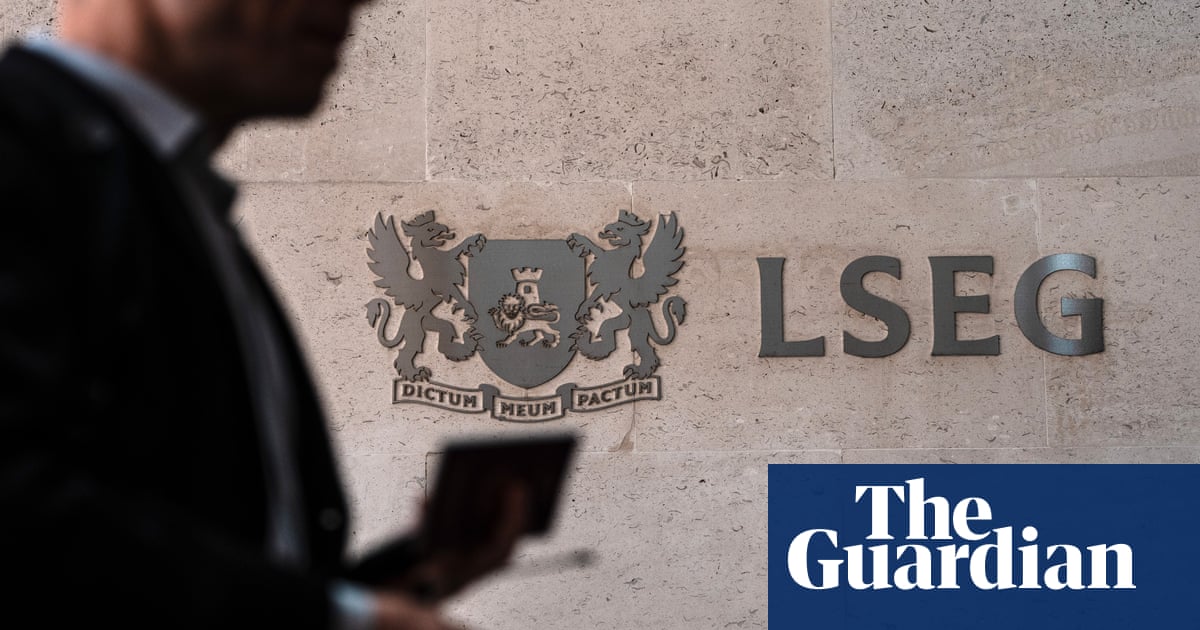It has been a three-year wait for fans, but the creators of Severance clearly haven’t wasted a minute of it. The first series was fantastically stylish, clever, trippy and compelling. The second is even more so. It demands all your concentration and takes you down rabbit holes so deep and twisted that you may meet yourself coming back. One half of your brain tries to keep up with developments while the other half is trying to digest what it all means. You are effectively severed yourself.
When we left our four heroes, Dylan (Zach Cherry) had broken into the security room and tripped the switch that awoke his three friends’s Innies in the Outie world, in the hope of shining a light on Lumon’s cruelties towards employees and its ultimately-unknown-but-surely-not-morally-sound purpose. Mark (Adam Scott) discovered that his supposedly dead wife, Gemma (Dichen Lachman), is still alive. Helly (Britt Lower) learned she is the daughter of Lumon’s CEO – and declines to share this new knowledge with her colleagues when they are eventually reunited five months after the awakenings. Irving (John Turturro) discovered that his Outie obsessively paints a vision full of foreboding (or, Severance being what it is, possibly past-boding) of a mysterious elevator at the end of a dark hallway, and that his beloved Burt (Christopher Walken) was living with someone.

What follows from there is almost impossible to describe. But it is mesmerising, gorgeous, heartbreaking and triumphant. Mysteries and revelations, clues and new enigmas are rolled out in perfect syncopation, getting wilder and weirder as the series progresses but digging deeper – into questions of identity and selfhood, corporate malfeasance, capitalist malevolence, individual grief and collective responsibility that the first season interrogated – instead of spinning outwards into superficiality.
Aside from the central quartet – who have become internationally famous as “the face of severance reform” since their Innie outburst – familiar faces include Harmony Cobel (Patricia Arquette), who has been promoted out of the building (to her towering fury) and away from overseeing Mark’s completion of the “Cold Harbour project” (precise meaning unknown, but again we presume unlikely to be unmalevolent). Mr Milchick (Tramell Tillman) now runs the floor. In a show stuffed full of wonderful performances, Tillman still stands out. What a presence. What a perfect embodiment of cold, cheerful and absolute villainy. But, in accordance with the new series’ commitment to going deeper, Milchick is given touches of human emotion – and if the idea that there is a real person within that perfect corporate man-cum-cult member is almost more terrifying than anything else, well, there you have the essence of the show. Every element exists on an interlinked mass of Möbius strips. It may or may not ever let you go.

New faces include Miss Huang (Sarah Bock), the unsettlingly young and implacable recruit to Milchick’s old position. (“Why are you a child?” exclaims Dylan when they meet. “Because of when I was born”, she replies.) She was a crossing guard before that. Severance retains its love of stray, Wes Anderson-ish detail (which reminds me – the goats return in such a way that may make you feel as if you have lost your sanity, but hang on in there) alongside its commitment to densely worked narrative.
Love and sex make an appearance, too, adding further complications – inevitably not in a straightforward way when everybody is effectively two independent people in a single body, one often lying, and neither in possession of the full facts. But these romantic aspects ground the show in a welcome emotional reality we can recognise, and gives us the foundation from which to unpick the knotty sci-fi and philosophical conundrums that pile up as we move through the Lumon corporation, quasi-religious Eagan lore and the melding of worlds towards an explanation of it all.
A slight anxiety does grow about whether the payoff, the reveal of the purpose and aims of Lumon and the Eagans, can possibly be worth the extraordinary journey towards it. But if there is such a thing as a luxury anxiety, this is one of them. Severance is a rarity in so many ways – stylish without sacrificing substance, a thoroughly singular vision, fresh, challenging, a wholly credible world made of a tissue of incredulities – that whatever the end ultimately is, the means will have justified it entirely.

 3 months ago
49
3 months ago
49













































